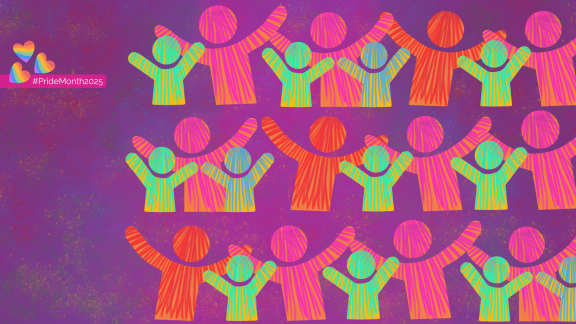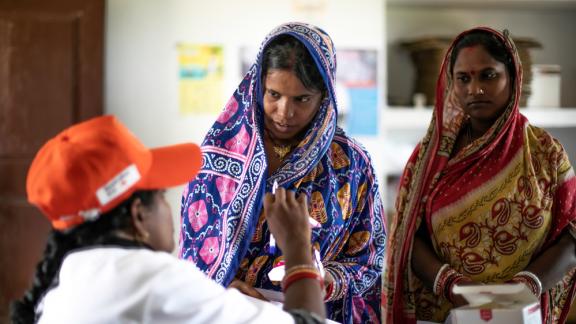The idea of parenthood is still shaped by patriarchal ideals—a cis-heteronormative two-parent household: fixed gender roles, strict hierarchies, sticking to tradition that upholds the “sanctity” of the traditional family. But across South Asia and the world, queer families, feminist parenting ideals, and “chosen families” are disrupting this idea of parenthood. They see families as places of belonging for all—regardless of gender identity, sexual orientation, or family structure. For the Global Day of Parents, we spoke to three queer parents who are transcending the narrow confines of parenthood that have long defined what parenting and families "should" look like.
N, a 43-year-old designer, who is navigating the adoption process, says that their family unit will challenge conventional expectations of parenthood from the very beginning, envisioning a home free from gender rules and conditioning—a conscious effort to undo the binaries that schools and extended families often impose. They speak of dismantling the parent-child hierarchy: "I would like to not impose a parent-child hierarchy, in the sense of enabling my child to question every rule. This also helps in keeping my child safe, should they be faced with anyone who wishes to silence them”.
For V, a 45-year-old parent of twins, the journey of breaking free from patriarchal norms in parenting is an ongoing, conscious practice. "Patriarchy is so ingrained that I do have to stay conscious and catch myself and then course correct," they admit. When one of their children, assigned male at birth, declared, "I want to be a girl”, they made a conscious effort to use affirmative language—a lesson in mutual respect and growth. "I am learning that sometimes the only way to get this hyper-energetic little bunny to sit down and listen to me is by not misgendering her," they reflect on how a parent can respect their child’s identity.
Coming out at 30 gave this parent a second chance at growing up—"a re-birth almost." The experience of being inducted into the queer community shapes their parenting philosophy, “I want my children to grow up in community, with many grown-ups who love them—so they never feel that parenthood is one person’s burden to bear”.
when
region
South Asia

Mothering a trans child has taught me the beauty of unconditional acceptance. As I have seen my children grow into beautiful entities, I have also discovered my queer possibilities. - S

For S, parent of a trans child, parenthood is a “co-working space”. “My children and I create a space where all of us understand, acknowledge and respect our mutual needs. We learn from each other. In our space communication is the key. We respect each other's boundaries”, they share. Parenthood has also been a transformative journey of growth and acceptance for them, “Mothering a transm child has taught me the beauty of unconditional acceptance. As I have seen my children grow into beautiful entities, I have also discovered my queer possibilities”.
Across these stories, one idea shines through: Parenthood is an emotion, not a societal construct. It is collaborative and evolving. It must grow with the times. It must make room for queerness, for community and for radical acceptance.











